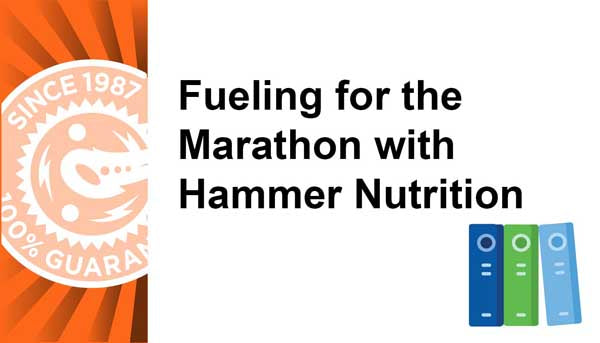
BY STEVE BORN
In Hammer Nutrition's many years, we've seen a lot of fad diets come and go. Few, however, have as many zealous devotees as the latest in the trend, the ketogenic diet (˜keto for short). And while the keto diet appears to possibly help in attaining short-term weight loss, its long-term effects on general health and athletic performance are controversial and, in many circles, potentially harmful.
In fact, a panel of health experts recently evaluated 40 diets for a number of factors, including ease of adherence, nutritional value, safety, effectiveness for weight loss, and protective benefits against diabetes and heart disease. Their rankings were published in US News and World Reports [1] and the ketogenic diet was ranked near the very bottom in a tie for 38th.
Here are five primary reasons why we don't advocate the ketogenic diet¦
1) You feel sick. Making the severe changes the keto diet requires can cause you to experience a number of unpleasant effects such as GI distress, fatigue, lethargy, dizziness, and flu-like symptoms (chills, sore throat, etc.), which can last up to 3-4 weeks. Our take? Any diet whose changes cause these ill effects - taking away time that could be spent training and maintaining fitness - is not one we're embracing.
2) Stresses the kidneys and may increase the risk of kidney stones and gout. In one study involving the ketogenic diet [2], 6.7% of the participants experienced excruciatingly painful kidney stones. According to one expert, High intake of animal proteins makes your urine more acidic and increases calcium and uric acid levels. This combination makes you more susceptible to kidney stones, while high uric acid can increase your risk for gout.
3) Increased risk of Type 2 diabetes. A press release [3] regarding recent research [4] states, In this study the researchers showed that for ketogenic diets this process for controlling blood sugar levels does not work properly and there was insulin resistance in the liver. When the liver is unable to respond to normal levels of insulin to control blood sugar levels this may lead to an increased risk of Type 2 diabetes.
4) Increased risks of diseases and premature death. In a study [5] involving nearly 25,000 participants, compared to those with the highest carbohydrate consumption, the participants with the lowest intake had a:
- 32% higher risk of all-cause death
- 51% increased risk of death from coronary heart disease
- 50% higher risk of death from cerebrovascular disease
- 35% increase in cancer death risk
Study author, Professor Maciej Banach, states: "Low carbohydrate diets might be useful in the short term to lose weight, lower blood pressure, and improve blood glucose control, but our study suggests that in the long-term they are linked with an increased risk of death from any cause, and deaths due to cardiovascular disease, cerebrovascular disease, and cancer. The findings suggest that low carbohydrate diets are unsafe and should not be recommended."
5) Poorer exercise performance. Dr. Gabe Mirkin has written extensively regarding ketogenic diets and athletes. In one of his articles [6] he writes, There is evidence that a keto diet can help athletes to lose weight, but it has not helped athletes to race faster, even in very long races such as in 100k (62-mile) time trials, even though their muscles burned more fat (Metabolism, Nov 3, 2017).
Additional reading:
Low-Carbohydrate Diets Harm Athletic Performance
Summary
Despite all of the fanfare surrounding the keto diet, and with a handful claiming improved athletic performance resulting from adherence to this strict diet, we remain convinced that, especially if used long term, the ketogenic diet DOES NOT enhance exercise performance, and that it can lead to negative health consequences. We remain equally convinced that carbohydrates are the key component when it comes to fueling your body during exercise, especially in regards to being able to use fat as an energy source most efficiently and effectively.
Carbohydrates are undeniably important for promoting optimal recovery after your exercise session has been completed (protein is as well). Adequate amounts of carbohydrates are needed to replenish the muscle cells and the liver with fuel; limiting the amount you consume post-exercise will decrease, not improve, your recovery.
REFERENCES:
[1] https://health.usnews.com/best-diet/best-diets-overall
[2] https://www.ncbi.nlm.nih.gov/pubmed/17621514
[3] http://www.physoc.org/press-release/2018/ketogenic-diets-may-lead-increased-risk-type-2-diabetes
[4] https://physoc.onlinelibrary.wiley.com/doi/10.1113/JP275173
[5] European Society of Cardiology. "Low carbohydrate diets are unsafe and should be avoided, study suggests." ScienceDaily. ScienceDaily, 28 August 2018.
[6] http://www.drmirkin.com/fitness/keto-diet-not-likely-to-help-athletes.html









